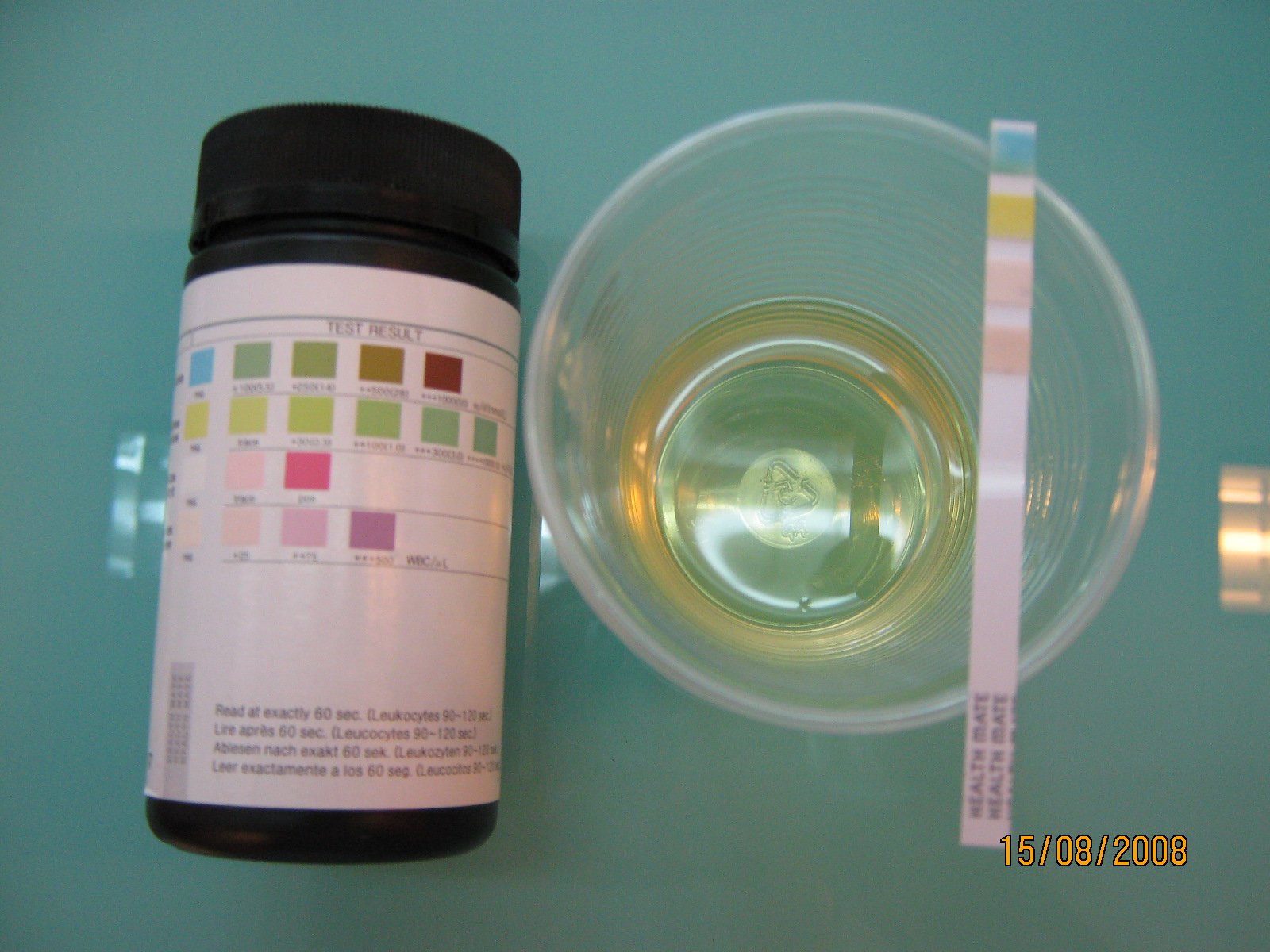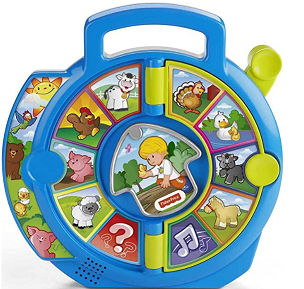Measurements & Decision Making
Disclaimer: I am not a medical expert, these thoughts and opinions are my own. You accept full responsibility for any 'advice' you take from this blog entry.
TLDR; - Overall improvement by analysis of TRENDS - Make a change, note the TREND, not the individual measurement!
Your blood glucose (sugar) is probably not as 'good' or 'bad' as you think!
I have had Type 1 diabetes for over 25 years. When I started, 'test strips' were something you applied your blood sample and then compared to a label on the bottle to get your 'blood sugar value'. Not unlike the way pool 'PH' testers work today.
Later the first 'glucose machines' came out, and cost like $500.00. The strip went into the machine and it gave you a numerical number of your blood sugars. (These machines are almost always free today, with the purchase of a box of 100 strips)
Today we have continuous glucose monitors (GCM) (ie: DexCom) and Flash Glucose Monitors (ie: Freeestyle Libre). These marvelous machines can monitor your blood sugar without even needing to prick your fingers (and my fingers are very thankful for that!)
One thing I often see new Type 1 diabetics worry about is the constant 'highs' and 'lows' that seem to fluctuate radically when measuring with these machines giving the diabetic the feeling that their blood sugar is not well controlled, sometimes even making adjustments to their blood sugars based on a specific high reading or eating fast-acting carbs based on a specific 'extreme low' reading.
But there is a problem with this. None of these meters give you a perfectly accurate results. Blood glucose accuracy from a 'finger prick' method on modern equipment may be off by up to 15% (FDA approval requires it to be within 15% - 95% of the time)
Other instruments such as DexCom / Freestyle do not measure your blood sugar directly but instead monitor "Interstitial body fluids" . Their is a known co-relation between these fluids and your actual blood sugar, however it takes time for your blood sugar rises and falls to show up in the interstitial fluid creating a 'lag' between your reading and your actual (present) blood sugar.
It is a very easy trap to fall into, to make the result of one single blood sugar define your efforts as 'good' or 'bad. Worse still is trying to over-compensate for a 'bad result' with a quick injection of extra "corrective" insulin.
The goal of any healthy life style (diabetic or not) is not dependent on the specific events that happen in life, but is rather about playing the 'long game'.
Measure you blood sugars for 1 week, 1 month, 3 months. Examine the trends in those results. For example you might notice that every day near noon hour you are a little high, or that every day around 4pm you tend to go consistently low. Use those trends to then make an adjustment (say +/- 2 units) or add an extra snack, and then give it at least another week, to see the effect of your results.
Warning: If you start to 'feel low', or your results drop below 4 and you are unable to 'feel lows'. Always take some fast acting glucose. Don't worry about the accuracy of your meter or the high result you may get later. It is not something to be ashamed about. Things don't always work out as we expect, but that doesn't make you 'bad' at controlling your diabetes.
Diabetes teaches Life Lessons
This lesson applies to life too -- often times we make quick / rash decisions in the moment based on individual feelings. Sometimes we opt for the "quick fix", the "fast reward" even when we know it destroys us in the long run.
Before deciding what it is you want to improve, first you need to measure it and compare the trends of that measurement (not the individual results) that to your expectation. Then come up with an improvement plan, and continue to measure with your plan in place. Let these results guide you on your path to success as you dust off the feelings within the 'moment'.
“Life is not a race but a pace we need to maintain with reality.” ~Amit Abraham
References:
https://blog.ultrahuman.com/blog/glucose-monitoring-through-interstitial-fluid-vs-blood-glucose
https://pubmed.ncbi.nlm.nih.gov/33124730/
https://www.ncbi.nlm.nih.gov/pmc/articles/PMC6316667/









Comments
Post a Comment